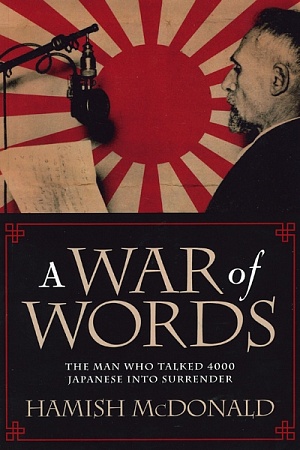Eurasia without Borders: The dream of a leftist literary commons 1919–1943
Harvard University Press, US$39.95 hb, 458 pp
Eastward, ho!

In the time before festivals, writers used to attend congresses to perform their role as ‘the unacknowledged legislators of the world’ in Shelley’s fine phrase. A who’s who of literary leftists and liberals gathered in Paris for the First International Congress of Writers for the Defense of Culture in 1935, in solidarity against the rise of fascism across Europe. Nettie Palmer was a member of the Australian delegation. She was pleased to spend time there with her younger compatriot Christina Stead, who was living in London. Both writers were internationalists, but at different points on a spectrum. Stead showed her communist credentials by urging fellow writers to ‘enter the political arena’. Palmer had trouble squaring this with Stead’s interest in fashion. Stead was a ‘lightly-elegant young woman’ who spoke in ‘a voice without an accent … slightly coloured by her … pan-European years’, Palmer wrote. Hazel Rowley wonderfully evokes the Paris Congress in her 1993 biography of Stead, touching on what was happening behind the scenes as the dashing Soviet-aligned British communist Ralph Fox set the novelist’s imagination on fire.
Continue reading for only $10 per month. Subscribe and gain full access to Australian Book Review. Already a subscriber? Sign in. If you need assistance, feel free to contact us.











Comment (1)
Leave a comment
If you are an ABR subscriber, you will need to sign in to post a comment.
If you have forgotten your sign in details, or if you receive an error message when trying to submit your comment, please email your comment (and the name of the article to which it relates) to ABR Comments. We will review your comment and, subject to approval, we will post it under your name.
Please note that all comments must be approved by ABR and comply with our Terms & Conditions.